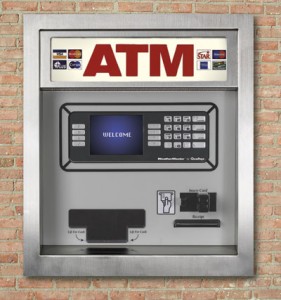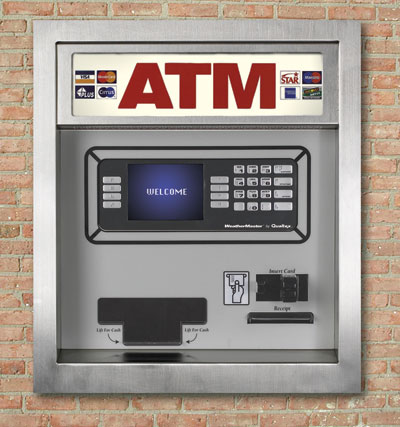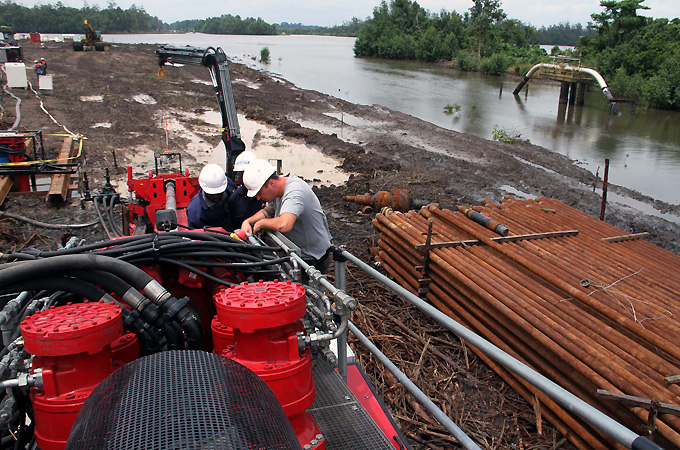
Had an interesting encounter this morning. Most unusually, I stood briefly at the cusp of two trends that should shape banking services in Nigeria over the next five years. I was at my favourite bank branch, because I’d run out of change. In haste, though I was, the queues before the two ATMs outside the branch were each 25-persons long.
Now for some context. Not too long ago, the central bank here decreed a limit to how much one could withdraw\deposit across bank counters in the country. Almost immediately, banks in the country upped their minimum requirements for opening accounts and the minimum operating balances on such accounts. At the heart of these developments is a strong belief in the possibility of migrating customers on to alternative delivery channels (ATMs, point of sale terminals at merchant locations, etc.).
Now obviously, for this policy to have any meaning, the alternative locations must work. There must be enough ATMs, for instance; especially on off-site locations. Most merchants (not just the high street vendors of branded merchandise with fancy, private merchant account solutions) must be comfortable with POS terminals. And Nigeria’s infrastructure constraints cannot be permitted as reason why I may not have access to my money when I want. Especially when the bank branch is open, and the only reason why I may not enter the branch is that I bear a penalty for using the branch to cash small change.
By locating just two ATMs outside its branch, my bank was evidently in violation of the principles described above. But, (and this is where the second trend likely to influence banking in the country in the medium-term comes in) it also turns out that an illiterate or semi-literate person before a cash-dispensing machine is a recipe for increasing the queue rate. It don’t matter what the ATM service rate is, as long as the person before it has problems following basic written instructions, the queue will get longer and longer (it did while I was there, and with some customers, one thought the machine had disconnected from a usually dodgy network).
Now this latter development is of much significance for the industry’s growth prospects over the medium-term. For you cannot talk to a Nigerian banker worth his\her calling today, without mention being made of the need to mainstream the “poor and the unbanked”. Depending on whom you talk to, only about a third of adults in the country have access to formal financial services. If the “poor and the unbanked” are also functionally illiterate (as indeed my experience this morning suggests), what does it mean for the banks’ efforts to divert traffic away from branch counters towards self-serving (automated) delivery channels?

